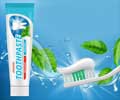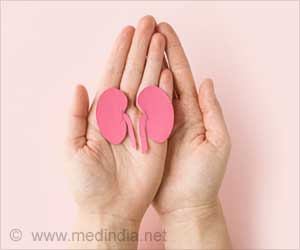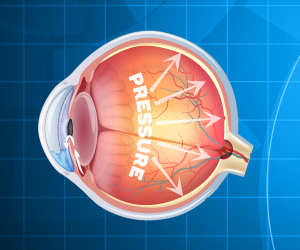A recent clinical trial suggests that a toothpaste containing hydroxyapatite is just as effective as fluoride in preventing tooth decay.
- Fluoride is found in many toothpastes because it is beneficial to tooth health
- Hydroxyapatite is an inorganic mineral found in human bone and teeth that contributes to bone structural strength
- A recent clinical trial showed that a toothpaste with hydroxyapatite was just as effective as fluoride-containing toothpaste in preventing tooth decay
Caries-preventing effect of a hydroxyapatite-toothpaste in adults: a 18-month double-blinded randomized clinical trial
Go to source).
“Hydroxyapatite is a safe and effective alternative to fluoride in caries prevention for daily use,” said Professor Elzbieta Paszynska of the Poznan University of Medical Sciences, co-principal investigator and corresponding author of the study published in Frontiers in Public Health.
What is Minimally Invasive Dentistry and Why it Matters
Hydroxyapatite is a calcium phosphate mineral that may be found in human teeth and bones. It is recognized to be extremely safe for human ingestion and has previously been found to aid in the treatment of oral disorders such as periodontitis. It can both limit demineralization of teeth, which is a precursor to cavities, and aid to remineralization, which strengthens damaged tooth surfaces.“Currently, in dental care, the aim is to use ‘minimally invasive dentistry’ as often as possible,” explained Paszynska. “This means trying to preserve as much tooth tissue as possible, including those altered by initial caries that still show the ability to remineralize. The use of remineralization compounds is a boon, as it may limit the need for invasive treatment of carious lesions with a drill.”
The professionals recruited 189 people aged 18-45 to participate in an 18-month double blind randomized clinical study to investigate if it would treat patients without particular dental issues. They hoped to see all individuals through the research without seeing an increase in cavities.
The experiment had 171 participants who were evenly divided between the hydroxyapatite toothpaste group and the fluoridated toothpaste control group. All patients had at least ten healthy teeth, were willing to use an electric toothbrush, and had no pre-existing dental issues that needed to be addressed. Patients were given electric toothbrushes and replacement heads, as well as neutrally packaged toothpaste that might have included either hydroxyapatite or fluoride toothpaste. Patients and examiners had no idea which toothpaste each other was using, and patients used no additional oral care items.
“We did not monitor the diet of each subject as the aim was to test two different toothpastes, not the influence of the diet on the caries progress,” said Paszynska.
Hydroxyapatite is Equally as Effective as Fluoride in Fighting Cavities
Patients returned to the clinic every six months for an assessment and a new supply of toothpaste during the experiment. Using a DIAGNOcam gadget, their teeth were visually inspected and evaluated for any shadows that might indicate an early-stage cavity. To determine how clean their teeth were, a plaque revealing solution was also applied. Each step of the experiment was examined for patient consistency, and patient safety was assessed at each appointment to ensure there were no unexpected adverse effects.“Previously published clinical trials also show the caries-preventive effect of hydroxyapatite in risk groups such as children and patients undergoing orthodontic therapy,” said Paszynska. “With our new clinical trial, it has been shown that hydroxyapatite prevents dental caries in adults. This is important from a public health perspective.”
Reference:
- Caries-preventing effect of a hydroxyapatite-toothpaste in adults: a 18-month double-blinded randomized clinical trial - (https://www.frontiersin.org/articles/10.3389/fpubh.2023.1199728/full)
Source-Medindia














